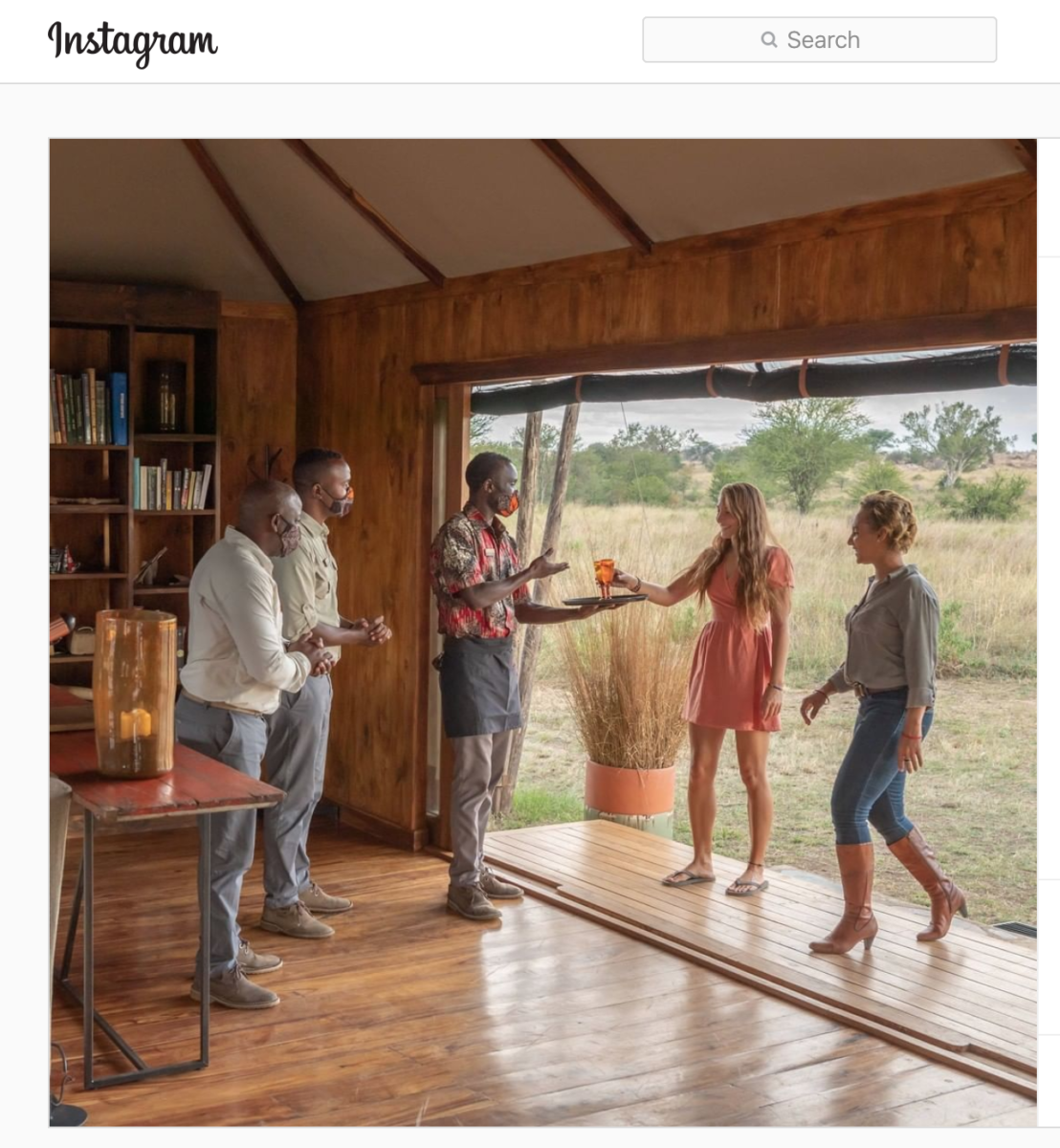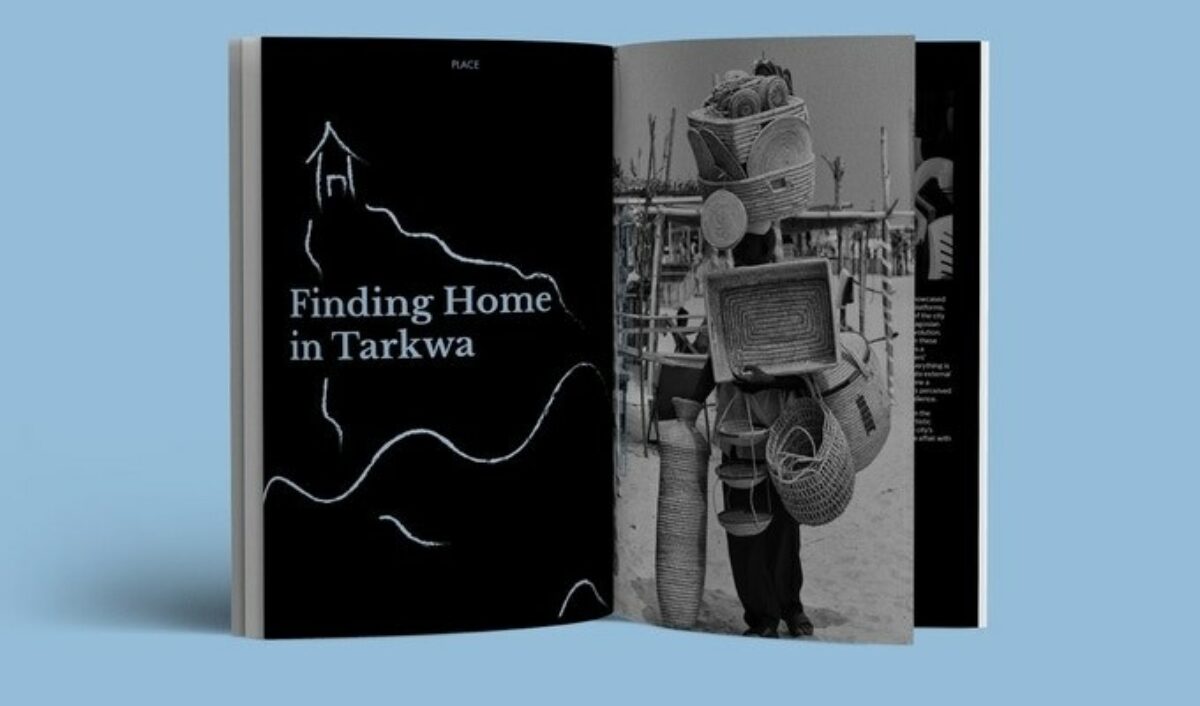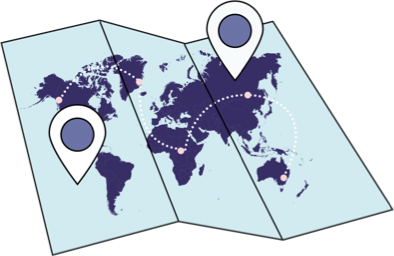Decolonising African travel—and travel writing
How a new generation is redefining African tourism
Travel writing in Africa has always been an overwhelmingly white affair. Early accounts from 19th century explorers like Henry Morton Stanley and fiction writers like Joseph Conrad depicted Africa as uncivilised, mysterious and barbaric, reflecting the racist attitudes that underpinned European empire building.
Although overt racism no longer has a place in contemporary African travel writing, colonialism casts a long shadow. In his 2006 satirical essay, How To Write About Africa, Kenyan author Binyavanga Wainaina wrote: “The continent is full of deserts, jungles, highlands, savannahs and many other things, but your reader doesn’t care about all that, so keep your descriptions romantic and evocative and unparticular….Your African characters may include naked warriors, loyal servants, diviners and seers, ancient wise men living in hermitic splendour...”
That was nearly 15 years ago but the brochures, websites, travel articles, and the continent’s tourism industry itself is just as cliched—and just as white—as they were back then. Why has so little changed?

Colonial undertones still pervade much of Africa's tourism marketing
A segregated industry
Although most African nations gained their independence from the mid to late 20th century, tourism to the continent has remained a Western, and more recently Chinese, oriented industry. It’s only now that covid has brought the lucrative international tourism trade to its knees that African destinations are stopping to reconsider their domestic markets.
But there are huge logistical and financial hurdles to African domestic and internal travel, many of which are so far removed from mainstream tourism that they’re usually taken for granted by our international visitors.
For starters there’s the question of visas. Even when travelling within our own continent, African passports don’t carry the same clout as many Western ones. The 2019 Visa Openness Report, compiled and published by the African Development Bank, reveals that Africans need visas to travel to 49% of other African countries, and require e-visas on arrival for a further 26%. The African Union has advocated for the Africa Passport to make intra-Africa travel much easier, but little progress has been made. The sheer cost of visas, priced in dollars for the international market and ranging from $50 to $200, can make intra-Africa travel difficult. For those countries that don’t issue e-visas, a visit to an Embassy or High Commission is required, increasing costs further.
Africans are priced out of their own tourism industries in all sorts of other ways, too. Air travel is more expensive with fewer discount airlines and connections than, say, intra-European travellers are used to. And the tourism product itself has been intentionally developed across the continent as a high-end, big-ticket travel experience for wealthy foreigners. Costing many hundreds of dollars per night, safaris are expensive even for Westerners and are inconceivable for most Africans.
Aside from cost and logistics, there’s an intangible but enduring side to African tourism and travel writing that maintains an ominous sense of segregation. Guidebooks and travel writing typically focus on Africa’s natural heritage at the expense of its cities and contemporary urban culture while the imagery and language of tourism marketing, especially safari, remain overwhelmingly oriented to wealthy foreign travellers. As Ayomide Aborowa, founder of Lagos-based Irin Journal, puts it: “We are not the target market. I don’t feel welcome or invited.”
A new era?
But things are changing for the better, led by a new generation of digitally connected travellers and bloggers offering a positive view of modern intra-African tourism and travel writing.
Aborowa’s Irin Journal is a biannual magazine that lifts the lid on Africa’s cities, food, fashion and arts, and Lee Litumbe’s site, Spirited Pursuit, produces city guides and travel and lifestyle content for Africans travelling within Africa. As Litumbe writes, “Africa needs more Africans to tell the world her story.” Likewise in Zambia, travel writers Bwanga Kapumpa and Dorothy Walker are writing about local travel from local perspectives. Travel writers such as Nigeria’s Noo Saro- Wiwa and Emmanuel Idumna and Lerato Mogathle from South Africa have written non-fiction books about their travels within the continent, while upcoming releases include Kenya’s Nanjala Nyabola’s Travelling While Black will be released in October 2020. Other projects to look out for include the work from writers involved in the Outriders Africa program.

Lagos-based Irin Journal
Credit: © Irin Journal, all rights reservedOn overcoming the many practical hurdles, Winnie Rioba, a travel blogger from Kenya regularly posts updates on which African countries offer visas on arrival for Kenyan passport holders and Funmi Oyatogun, a travel blogger and founder of travel start-up TVP Adventures, created a color-coded map to show Nigerians which countries are easiest to enter.
To address price disparities, some African writers are exploring lower-cost ways of travelling within the continent. Hannah Ajala, a freelance journalist, spent six months travelling in West Africa and published detailed costings from her trip. Kenyan travel blogger Bonita Alouch used buses to travel from Kenya to Namibia via Tanzania and Zambia for a total cost of $200, less than a single air ticket, and Omotoke Fatoki, a travel blogger from Nigeria, visited all 36 states in her country by road.
And now that covid has put Africa’s international tourism industry on indefinite pause the pace of change may pick up further. Some tourism authorities, notably South African Tourism and Kenya Tourism, have been running campaigns to reach their domestic audience. But there is still some way to go. Unlike travel bloggers in Europe or the US who can earn a living from their online trade, their African counterparts find it much harder. Dorothy Walker says, “the biggest challenge I face as a Zambian travel blogger is getting paid collaborations; we still fight for people locally to see how we can add value.”
It's hard to predict what will happen from here. Will the steep discounts and drive for domestic tourism continue, or will prices rebound for the international market whenever it recovers? Personally I'd like to see African passport holders exploring more of our own countries and cities to change the industry and perceptions from the bottom-up. As of September, Rwanda and Ghana have re-opened their borders for air travel, with countries like Nigeria and Kenya set to follow suit. The rest of the world will open eventually and we’ll be ready to travel when it is.




